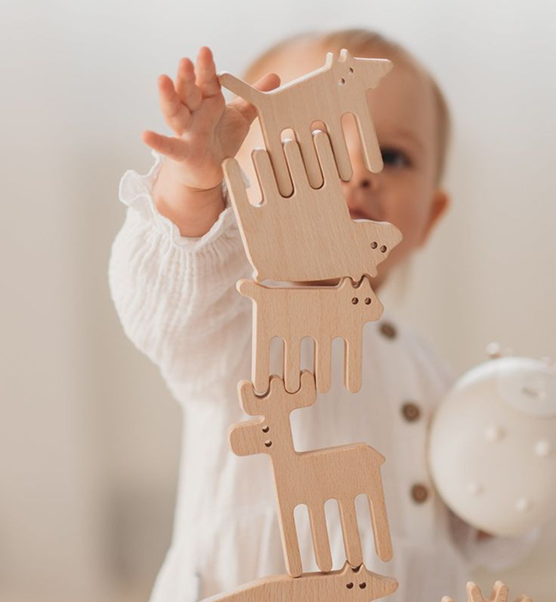Breast milk is said to make your child healthier and smarter, leading women who are unable to breastfeed to feel immense shame. But do all the claims about its benefits add up
When I was pregnant with my first child, I was committed to breastfeeding. I wanted to do what was best for my baby, and it was hard to avoid the message that breastfeeding was a big part of this.
In hospital, after Penelope’s birth, I delicately placed my daughter’s head in the direction of my breast. She did nothing. “You have to jam it on there,” the nurse explained, repositioning me. Things didn’t get much easier at home. Penelope lost weight and I had to supplement my breast milk with formula. I pumped and pumped to encourage my milk to come in, and tried to convince her to feed.
Eventually, after three frustrating months, it worked (mostly), although I never really produced enough milk, even with pumping several times a day at work and in the middle of the night.
My experience is not unique. For some women, breastfeeding is easy, convenient and wonderful. For others, it is frustrating, painful and debilitating. These struggles are made worse by the societal emphasis on the incredible benefits of breastfeeding. Breast milk will, supposedly, make your child a smarter, thinner, healthier adult, who is protected from all kinds of terrible illness. Keep reading
Community Guidelines























Log in